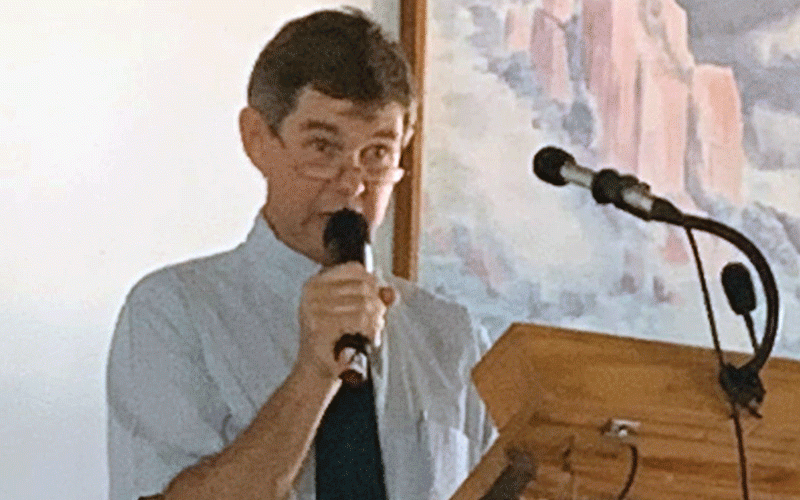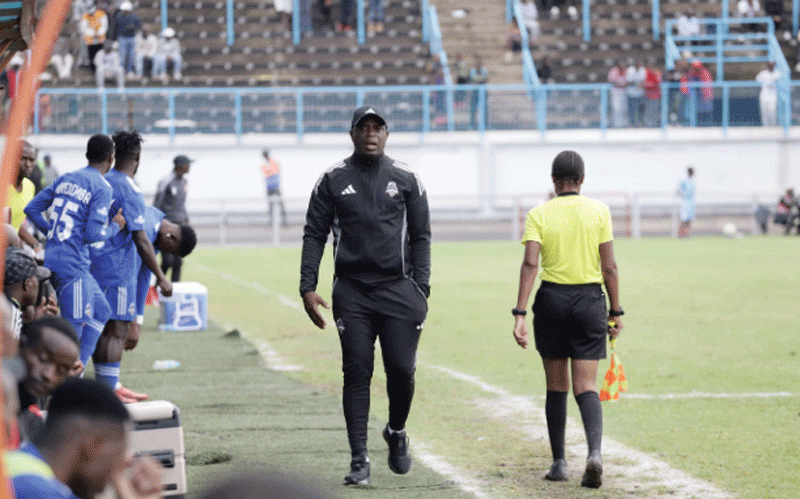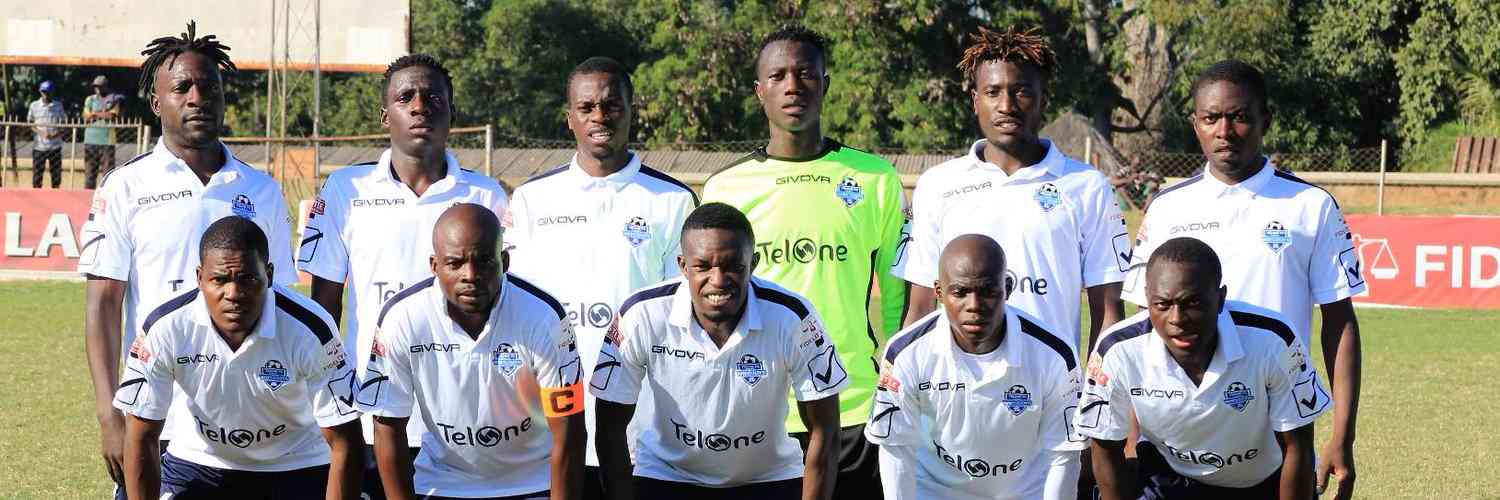
SIR Ken Robinson was not by any stretch of the imagination a sportsman. While one of his brothers did play soccer professionally in England, he himself contracted polio aged four and spent almost a year in hospital as a result. However, he did become a highly respected and profound educationist and being such his understanding, insights and presentations (many of which can be found in his TED talks online) will reap huge rewards for all of us involved in sport at school.
One of his greatest legacies is his book entitled ‘The Element’ in which he looked at the lives of many successful people in all sorts of different fields and considered what contributed to their success (which, by the way, in most cases was not achieved through formal education). The bottom line of his research was that such success was attained when “natural talent meets personal passion”. At the heart of it all was his desire for educators (and let us reiterate firmly that school sports coaches are educators) “to remember the tremendous untapped potential that each child possesses and the role we play in helping children see that they are capable of far more than they know.”
We have considered in a previous article how youngsters need an opportunity to unearth their talent so that when opportunity does knock they fling the door wide open and run in. What Robinson does is underline that while ability, talent, call it what you will, is necessary, it is not enough. There needs to be ability and affinity; there needs to be both aptitude and attitude.
Ability on its own is not going to lead to the desired success; that is clear and obvious. Many people have talents in certain fields but it becomes a drudgery, a routine, a job, and as a result the product is reduced. These articles are written out of belief, conviction, passion, not as an academic exercise or a weekly grind; if they were, they would be considerably less meaningful than they may now be. Ability on its own will only take someone so far but no further.
However, we should also understand that affinity on its own will only take someone so far. Many spectators of sports have a deep affinity with the sport but lack any ability in it. We should note though, as coaches and parents, that our children who do indeed have an affinity for a particular sport may not have the ability to play it but have an ability to participate in the sport in other ways. The child may not become a professional player but he could very easily and naturally unearth talents in the fields of sports journalism, physiotherapy, psychology, commentating, filming and more. What will keep them going is their passion for the sport and through that for their role in it.
The reality is that if someone has ability in something there is a greater chance that there will be an affinity in it as well. We enjoy doing what we are good at. Do youngsters play well because they enjoy the sport or do they enjoy the sport because they play well? That is our Hamlet-esque question! As Jack Nicklaus, one of the greatest golfers of all time, declared “I am a firm believer that people only do their best at things they truly enjoy”. The coach’s main task therefore should surely be seen in ensuring that they are creating an environment in which the children are enjoying the sport and are developing a real affinity for it.
Yes, we must develop the skills (and more) but we must not ignore the fact that these youngsters must be inspired and excited by what is happening. The fact that many talented youngsters in school sport give up the sport when they leave school proves that coaches have not been inspiring the youngsters and developing an affinity in the sport. That has to change.
Alongside any ability they may have, these children must have an affinity, a natural liking for and understanding of their sport. In such a way, they will make the most of their patent talent and not waste it. When affinity is linked to ability, there is potential for infinity; there will be no end to the possibilities that will come when they truly are in their element, and as Robinson says, “If you’re doing something you love an hour can feel like five minutes; if you are doing something that you do not, five minutes can feel like an hour”. This article will take five minutes to read; does it seem like an hour? There is more than an element of luck in that; there is the element of affinity.
- Tim Middleton is a former international hockey player and headmaster, currently serving as the Executive Director of the Association of Trust Schools Email: ceo@atschisz.










